Knitted Wiremesh
Materials
Gemini Wiremesh specializes in the production of various types of knitted mesh. We have the capability to work with a wide range of materials, allowing for great flexibility in mesh production.
The most commonly used wires, filaments, and yarns are available, ranging from round wires with diameters between 0.1mm to 0.30mm, to flattened wires and multi-filament knitting options that increase surface area.
Explore the variety of materials provided below and if you require a material that is not listed, please don’t hesitate to contact our team. We are here to assist you in finding the perfect solution for your mesh requirements.
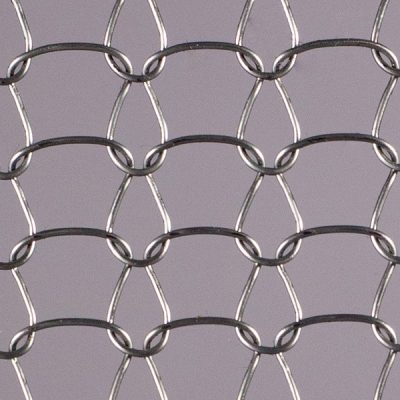
Stainless Steel
Read
Hide
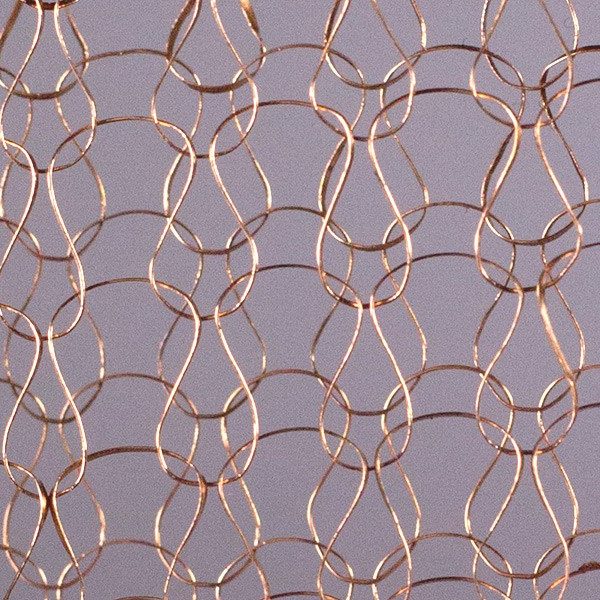
Copper & Copper Alloys (Brass)
Read
Hide
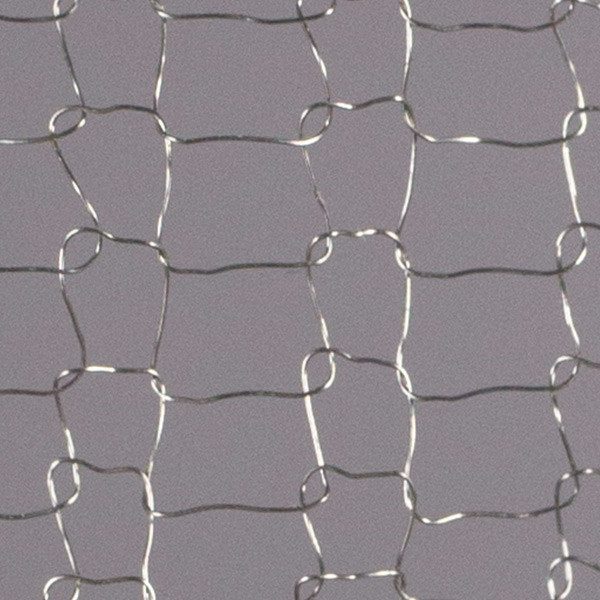
Aluminium
Read
Hide
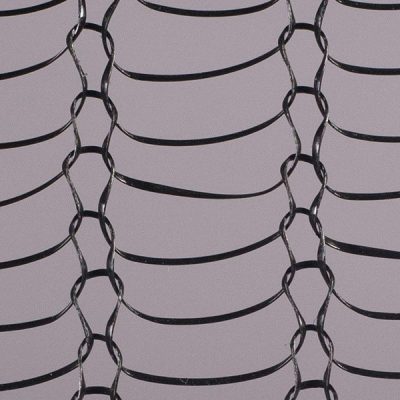
Polymer (PPL, PE, PEEK)
Read
Hide
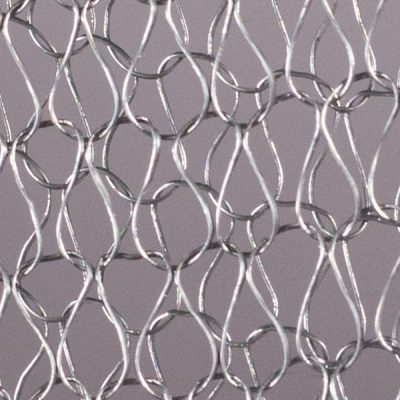
Galvanised-Steel
Read
Hide

Multifilaments
Read
Hide
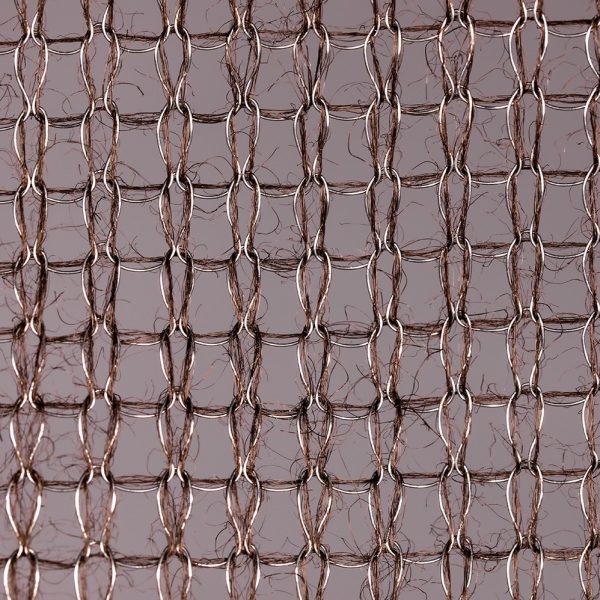
Mineral (Glass, Silica)
Read
Hide
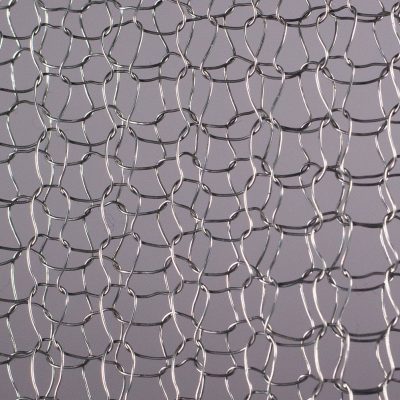
Carbon-Steel
Read
Hide
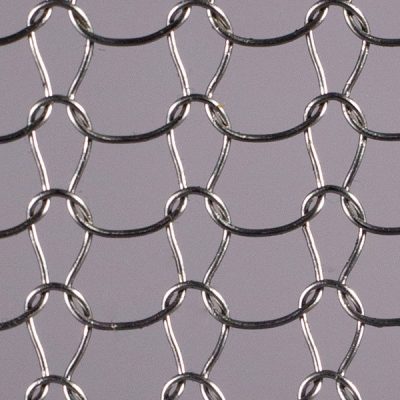
Nickel & Nickel Alloys (Monel, Inconel, Incolloy, Haynes)
Read
Hide
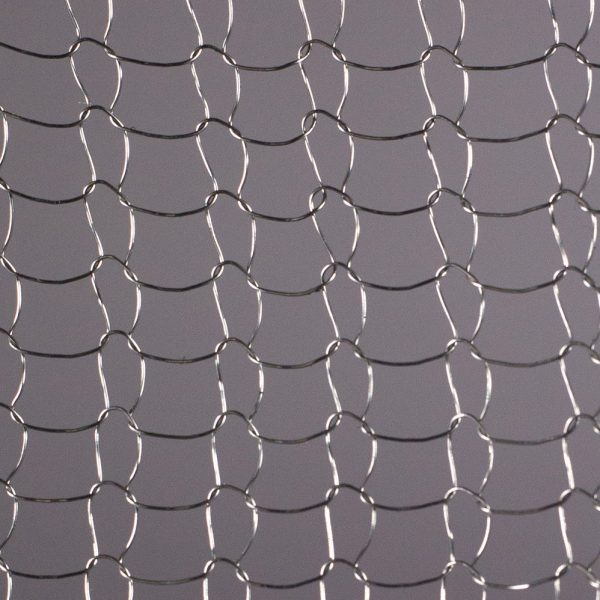
Plated and Insulated Copper
Read
Hide
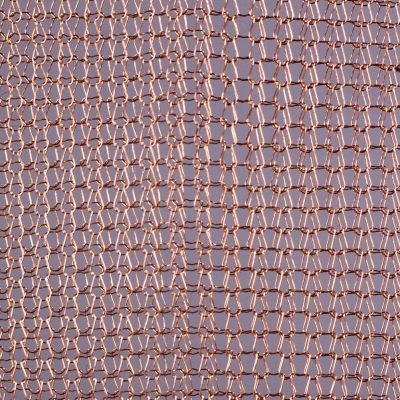
Precious Metals
Read
Hide
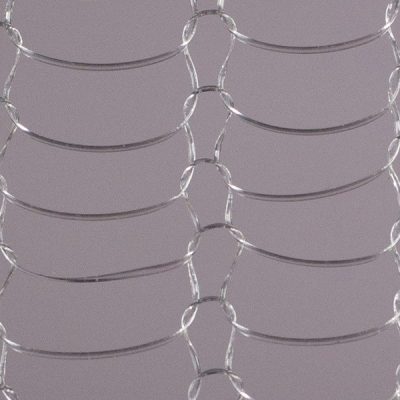
PTFE, FEP (Teflon, Hostaflon)
Read
Hide
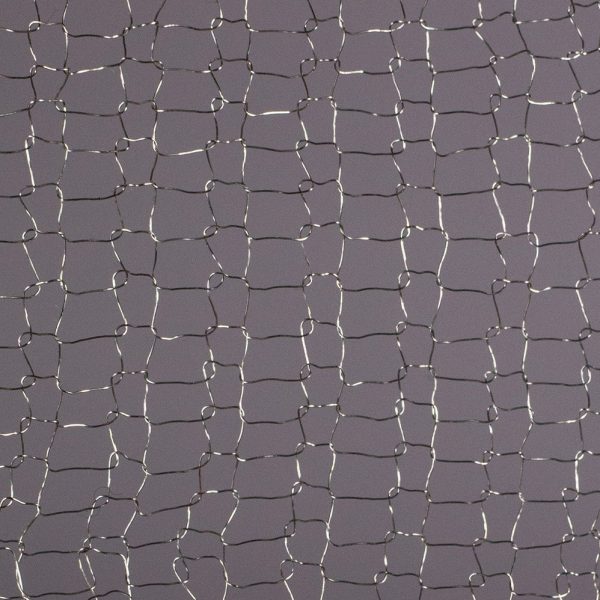
Specialist Wire & Super Alloys
Read
Hide
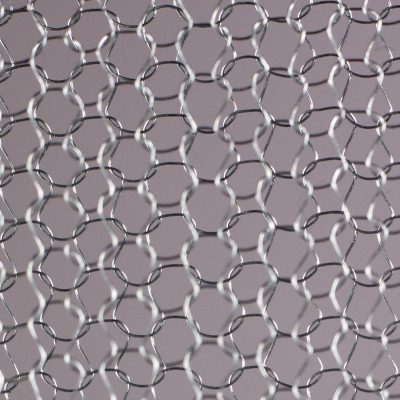
Coated Steel
Read
Hide
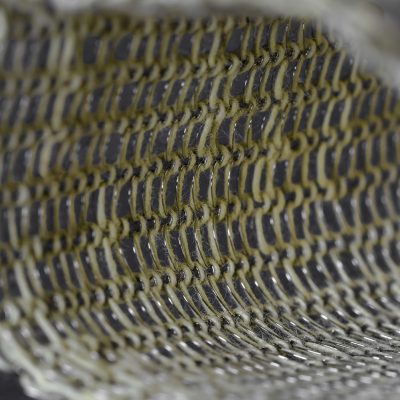
Yarns
Read
Hide

